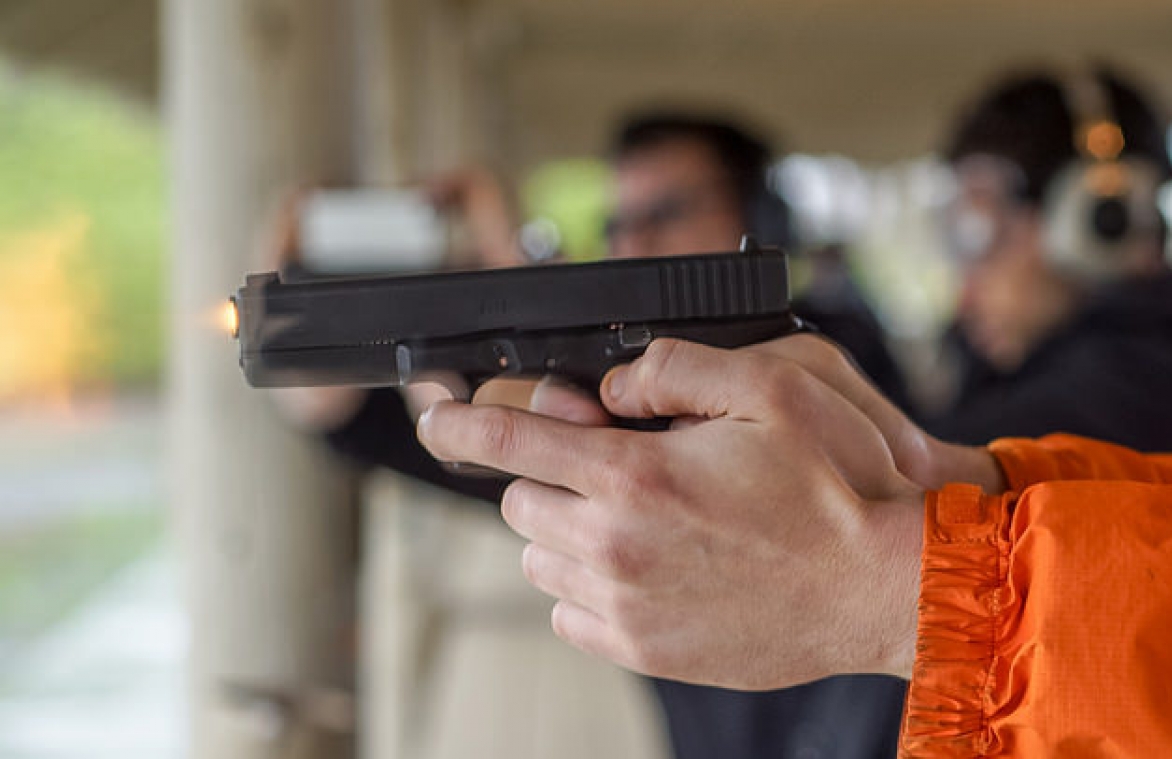Individuals do not have a First Amendment expressive association claim to join a specific gun club or travel with their firearms to gun clubs outside New York City, a federal appeals court has ruled, reasoning that there is no First Amendment right to “generalized social association.”
The New York State Rifle & Pistol Association and three individuals argued that New York City restriction on carrying firearms violated a panoply of constitutional rights, including the Second Amendment right to keep and bear arms, the Dormant Commerce Clause, the right to travel, and the First Amendment. The challengers’ First Amendment claim was based on the right to expressive association, or the gathering together of individuals for expressive purposes.
Under New York City law, individuals can obtain a carry permit for firearms or a so-called premises permit, allowing individuals to keep a gun at his or her home or place of business. Individuals also can take their permitted guns, unloaded, to authorized gun ranges in New York City. However, individuals cannot transport such guns to gun ranges outside the city.
Among their constitutional challenges, the plaintiffs contended that the New York City regulations violated their rights to expressive association by limiting their ability to join gun clubs outside the city and forcing them to join a gun club in New York City.
However, the 2nd U.S. Circuit Court of Appeals disagreed in its Feb. 23, 2018, decision in New York State Rifle & Pistol Association v. New York City. The appeals court characterized joining with others at gun clubs as social association, not expressive association. “Gathering with others for a purely social and recreational activity, whether it is dancing or shooting guns is not expressive association,” the appeals court wrote. “Accordingly, the ability to join a specific gun club is not protected association under the Constitution.”
The 2nd Circuit relied in part on the U.S. Supreme Court’s decision in City of Dallas v. Stanglin (1989), in which the Court rejected a First Amendment-based challenge to a city’s hours of operation and age restrictions at social dance halls. In its decision, the Court famously wrote: “It is possible to find some kernel of expression in almost every activity a person undertakes — for example, walking down the street or meeting one’s friends at a shopping mall — but such a kernel is not sufficient to bring the activity within the protection of the First Amendment.”
In the New York case, the 2nd Circuit also reasoned that individuals can still join outside gun clubs. Under the city’s rule, individuals simply cannot take specific registered guns to those outside clubs.
The appeals court concluded simply that that “the rule does not violate the First Amendment.”

